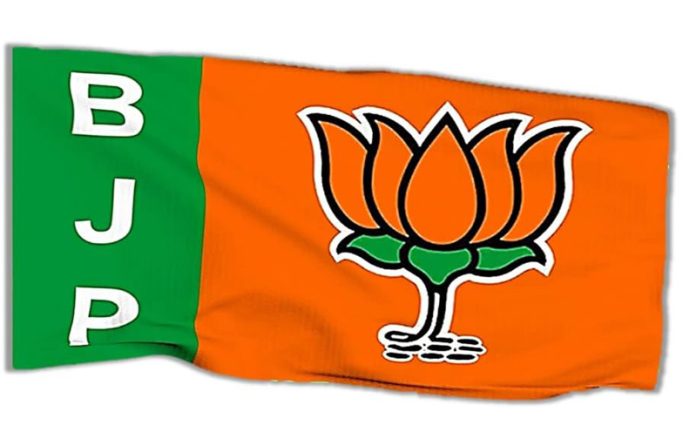Nadda appoints NRO, 3 NCROs
Avtar Bhat
JAMMU, Oct 15: Setting the ball rolling for organisational elections in the party, to elect its new president at the national level and party presidents in the States across the country, BJP national president, J P Nadda today named K Laxman (MP) as National Returning Officer (NRO). Nadda also appointed Naresh Bansal, (MP), Rekha Verma national vice president of the party and Sambit Patra (MP) as National Co-Returning Officers (NCROs) for conducting the organisational elections.
Follow the Daily Excelsior channel on WhatsApp
This was stated by BJP national general secretary & Headquarter Incharge Arun Singh.
The organisational elections in the party are due as Nadda has completed two terms as party chief. Nadda who is 11th president of the party was appointed as BJP working president in January 2019 and was later unanimously elected as BJP national president in January 2020, a role he took from Amit Shah in January 21.
The party sources said the new team of National Returning Officer and National Co -Returning Officers will decide how to conduct the elections as per the party constitution and also the appointment of election officers in the States all over country.
The party has already started the membership drive across the country for holding organisational poll which will be over in 15 days, and then the process of organisational elections will start, sources said.
Sources said in Jammu and Kashmir Ravinder Raina has completed two terms as party chief. Raina was appointed as the party president in the year 2018 after the then president, Sat Sharma was inducted in the State Cabinet as Minister.
As per party constitution, the organisational elections in BJP start from Mandal level all over the country after every three years. This is followed by election of district presidents, regional and State presidents, sources said. After completion of the process of elections up to State level the election of national president is held, sources added.
It may be recalled that party recently appointed Sat Sharma as working president of J&K BJP as Ravinder Raina who was the party candidate from Nowshera Assembly segment in recently concluded elections could not devote full time to party affairs as he was preoccupied with campaigning in his constituency.
Sources said after completing the process of electing State presidents all over the country the election for the national president is held.
The president elected at each level nominates a team of office-bearers. Once elections to States are held, an election is held for a full-time national president. The new national president then nominates a team of office-bearers. The whole process takes about two months.
Sources said while the party Constitution lays out the provisions of an Electoral College for the selection of its national president, there has never been a contest for the post in the BJP since its formation in 1980. Every time, only one candidate has filed the nomination for the party chief’s post, who has then been elected unopposed.
The only time when there was a flutter regarding a possible presidential contest in the BJP was in 2013, when then party leader Yashwant Sinha procured nomination papers before the elections. His plans lasted all of one day, with Sinha choosing not to follow through.
As per party constitution a BJP national president can have a maximum of two consecutive terms of three years each. This amendment was made in 2012, when the party wanted Nitin Gadkari to head the BJP for a second consecutive term. However, at the last moment, Rajnath Singh replaced Gadkari, and held the post till the party won the 2014 Lok Sabha elections. Amit Shah replaced him as the BJP chief then. Nadda has been party chief since January 2020, and is on an extension, sources said.
Sources said only ‘active’ members of the BJP can contest in its organisational elections. To be an ‘active’ member, a person needs to have been a primary member of the party for three years. Any Indian citizen, 18 years of age or above, can become a primary member of the BJP on payment of a prescribed subscription for a period of six years, after which he has to fill the membership form again to remain a member.
A primary member must also declare belief in and commitment to Deen Dayal Upadhyayay’s concept of “integral humanism”, nationalism, national integration, democracy, value-based politics, etc, says the BJP constitution.


